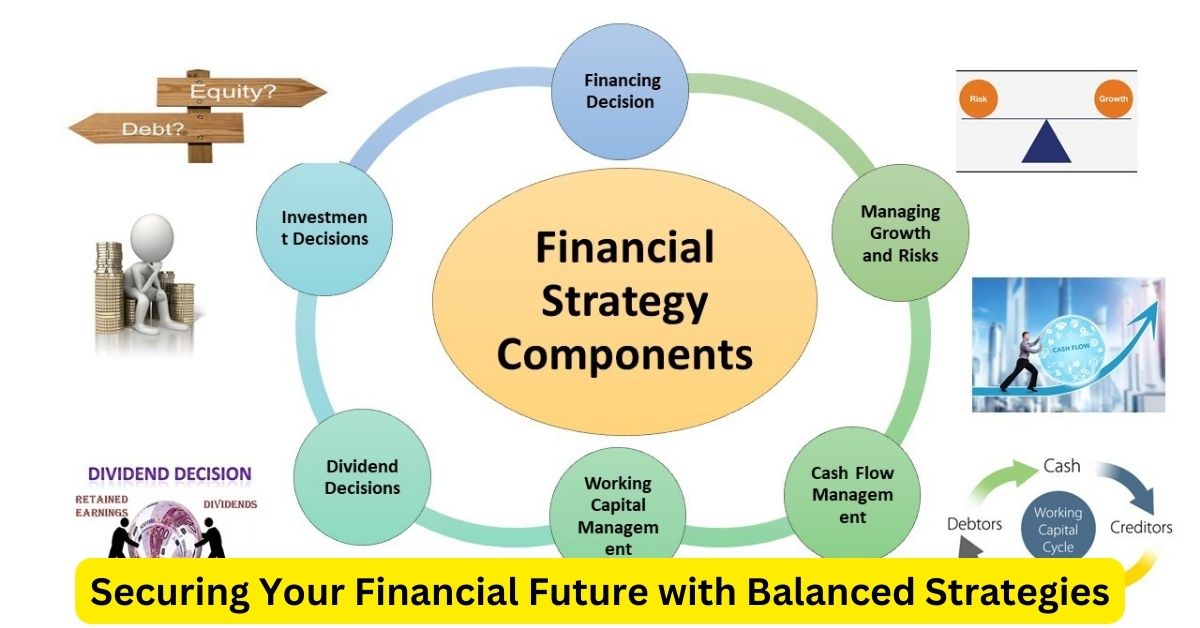In today’s volatile financial environment, ensuring that your equity investments are both profitable and secure is more important than ever. Safe equity solutions provide a way to grow your wealth while minimizing risk, offering peace of mind and financial stability. This article explores the best practices for achieving a secure equity portfolio and highlights the importance of balanced investment strategies.
Understanding Equity Investments
Equity investments, primarily stocks, represent ownership in a company. When you purchase shares, you become a part-owner of that business, participating in its profits and losses. The potential for high returns makes equity investments attractive, but they come with inherent risks, including market volatility, economic downturns, and company-specific issues. Safe equity solutions aim to balance these risks with stable growth.
Strategies for Safe Equity Investing
- Diversification
Diversification is the cornerstone of safe equity investing. By spreading investments across various sectors, industries, and geographic regions, you can mitigate the impact of poor performance in any single area. A well-diversified portfolio might include domestic and international stocks, large-cap and small-cap companies, and exposure to different economic sectors like technology, healthcare, and consumer goods. This approach helps reduce risk and smooth out returns over time.
- Investing in Blue-Chip Stocks
Blue-chip stocks are shares of well-established, financially sound companies with a history of reliable performance. These companies, such as Apple, Microsoft, and Johnson & Johnson, are typically leaders in their industries, offering steady dividends and strong growth potential. Investing in blue-chip stocks provides stability and reduces the risk of significant losses, making them a cornerstone of a safe equity portfolio.
- Dividend Stocks
Dividend-paying stocks offer a dual benefit: capital appreciation and regular income. Companies that pay dividends often have strong cash flows and stable business models, making them less susceptible to market fluctuations. Reinvesting dividends can also compound growth, further enhancing returns. Stocks from companies like Procter & Gamble, Coca-Cola, and utilities often fit this profile.
- Low-Volatility ETFs
Exchange-Traded Funds (ETFs) that focus on low-volatility stocks can provide a safer equity investment option. These ETFs invest in companies with historically lower price fluctuations, offering more stable returns. Funds like the iShares MSCI USA Minimum Volatility ETF (USMV) are designed to reduce exposure to market swings while still participating in equity growth.
- Regular Portfolio Rebalancing
Rebalancing your portfolio periodically ensures that your investment mix remains aligned with your risk tolerance and financial goals. Over time, certain investments may grow faster than others, causing your portfolio to become unbalanced. By selling over-performing assets and buying under-performing ones, you maintain your desired risk level and protect your equity investments.
The Role of Professional Advice
Seeking professional financial advice can significantly enhance the safety of your equity investments. Financial advisors can help tailor strategies to your individual needs, provide insights into market trends, and offer recommendations on portfolio adjustments. Their expertise ensures that your investment approach remains disciplined and aligned with your long-term objectives.
Conclusion
Safe equity solutions are essential for building a secure financial future. By diversifying investments, focusing on blue-chip and dividend stocks, utilizing low-volatility ETFs, and regularly rebalancing your portfolio, you can achieve stable growth while minimizing risk. Professional advice further strengthens your investment strategy, ensuring that your equity investments contribute to a resilient and prosperous financial plan.

